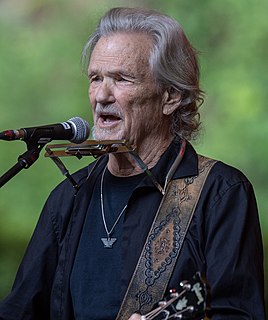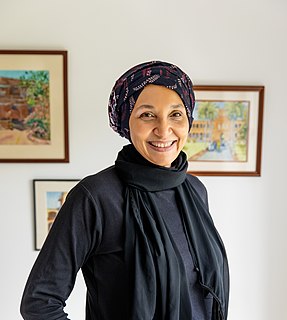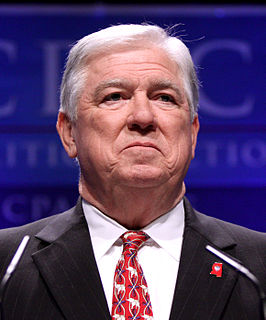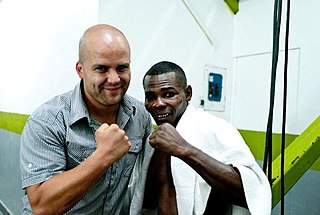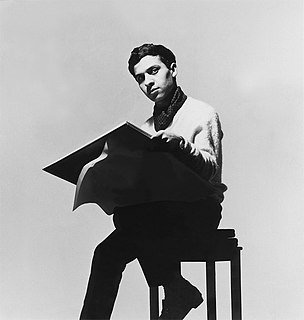A Quote by Kris Kristofferson
I was working the Gulf of Mexico on oil rigs, flying helicopters. I'd lost my family to my years of failing as a songwriter. All I had were bills, child support, and grief. And I was about to get fired for not letting 24 hours go between the throttle and the bottle. It looked like I'd trashed my act. But there was something liberating about it.
Related Quotes
I never was one to go into an office and write. For one thing, I had a job. I was cleaning the ashtrays and setting up the studios at Columbia for a couple of years and working every other week down in the Gulf of Mexico flying helicopters. I didn't really get to just write songs for about five years.
In 1976 I was working in the Gulf Country around Cape York, in an aboriginal community of about 300 people. The Health Department sent around a team and vaccinated about 100 of them against flu. Six were dead within 24 hours or so and they weren't all old people, one man being in his early twenties. They threw the bodies in trucks to take to the coast where autopsies were done. It appeared they had died from heart attacks.
There have been more than 30,000 oil wells drilled in the Gulf of Mexico in the last 50 years. This is the first time something like this has ever happened [BP Deepwater Horizon oil spill], and we need to get to the bottom of it, find out what happened, make sure it doesn't happen again. But I think it is very reasonable to continue to drill.
You see we're a country that talks about family values. But we haven't passed anything to help family values since the Family and Medical Leave Act. And the Family and Medical Leave Act was one of the first things I voted on when I came to Congress. It was very thrilling to me, because when my first child was born, I was terrified of being fired. When my second child was born, I was a member of the city council, and in some ways it was easier to respond to 250 constituents than it was to respond to one employer.
More women are working because they have to, that's what it takes to put the food on the table and pay the rent. And yet we have not changed our policies to support the family. The right wing goes to the floor, and they did when they were in power, and talk about family values. Well, where are they? Family values is support for child care. Family values is equal pay for equal work so that women are paid appropriately.
I was the fifth child in a family of six, five boys and one girl. Bless that poor girl. We were very poor; it was the 30s. We survived off of the food and the little work that my father could get working on the roads or whatever the WPA provided. We were always in line to get food. The survival of our family really depended on the survival of the other black families in that community. We had that village aspect about us, that African sense about us. We always shared what we had with each other. We were able to make it because there was really a total family, a village.
